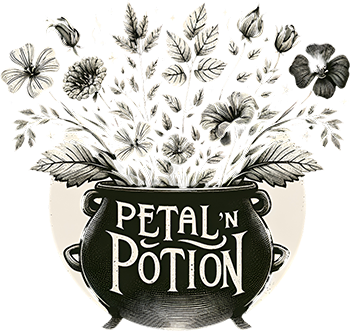C e y l o n C i n n a m o n
Ceylon cinnamon (Cinnamomum verum), also known as “true cinnamon,”
is a spice obtained from the inner bark of the Ceylon cinnamon tree, native to Sri Lanka.
It is prized for its delicate flavor and numerous health benefits, distinguishing it from the more common cassia cinnamon.
Benefits
- Blood Sugar Regulation: Helps regulate blood sugar levels, making it beneficial for managing diabetes.
- Antioxidant Properties: Provides a high level of antioxidants that protect cells from oxidative stress and damage.
- Anti-Inflammatory: Reduces inflammation, benefiting conditions like arthritis and other inflammatory diseases.
- Heart Health: Supports cardiovascular health by lowering cholesterol and triglyceride levels.
- Immune Support: Enhances immune function and helps the body fight off infections.
- Brain Health: May improve cognitive function and protect against neurodegenerative diseases.
- Antimicrobial Properties: Exhibits antibacterial, antifungal, and antiviral effects.
- Digestive Health: Promotes healthy digestion and alleviates symptoms such as bloating, indigestion, and gas.
- Weight Management: May help support weight loss by regulating blood sugar and boosting metabolism.
- Skin Health: Benefits skin conditions due to its antimicrobial and antioxidant properties.
Active Compounds
- Cinnamaldehyde: The primary active compound responsible for most of the health benefits, including anti-inflammatory and antimicrobial effects.
- Eugenol: Contributes to the plant’s therapeutic effects, particularly its antimicrobial properties.
- Coumarin: Present in lower levels compared to cassia cinnamon, reducing the risk of liver toxicity.
- Polyphenols: Offer additional antioxidant protection and support overall health.
- Cinnamic Acid: Known for its anti-inflammatory and antimicrobial effects.
Who Should Avoid This
- Individuals with Allergies: Those allergic to cinnamon or related plants should avoid it.
- Pregnant and Nursing Women: Generally considered safe in culinary amounts, but it is advisable to consult a healthcare provider before use in medicinal doses.
- Individuals with Liver Disorders: Use caution, although Ceylon cinnamon contains lower levels of coumarin compared to cassia cinnamon.
- Individuals on Medication: Particularly those taking anticoagulants, antidiabetics, or antihypertensives should consult a healthcare provider to avoid interactions.
- Children: Consult a healthcare provider before giving Ceylon cinnamon in medicinal doses to young children.
Warnings
While Ceylon cinnamon offers numerous health benefits, some precautions and potential side effects should be considered:
- Allergic Reactions: Can cause allergic reactions in some individuals.
- Blood Thinning: May have blood-thinning effects; use caution if you are taking anticoagulant medications.
- Pregnancy and Breastfeeding: Generally considered safe in culinary amounts, but consult a healthcare provider before use in medicinal doses.
- Interactions with Medications: May interact with certain medications, including anticoagulants, antidiabetics, and antihypertensives.
Usage Guidelines
Ceylon cinnamon can be used both short-term and long-term, depending on the condition being treated. For acute issues such as improving digestion or managing blood sugar spikes, it is typically used until symptoms improve. For ongoing benefits such as cardiovascular health, cognitive enhancement, or general wellness, longer-term use may be appropriate but always under the guidance of a healthcare professional. Always consult with a healthcare provider to determine the correct dosage and duration for your specific needs.
